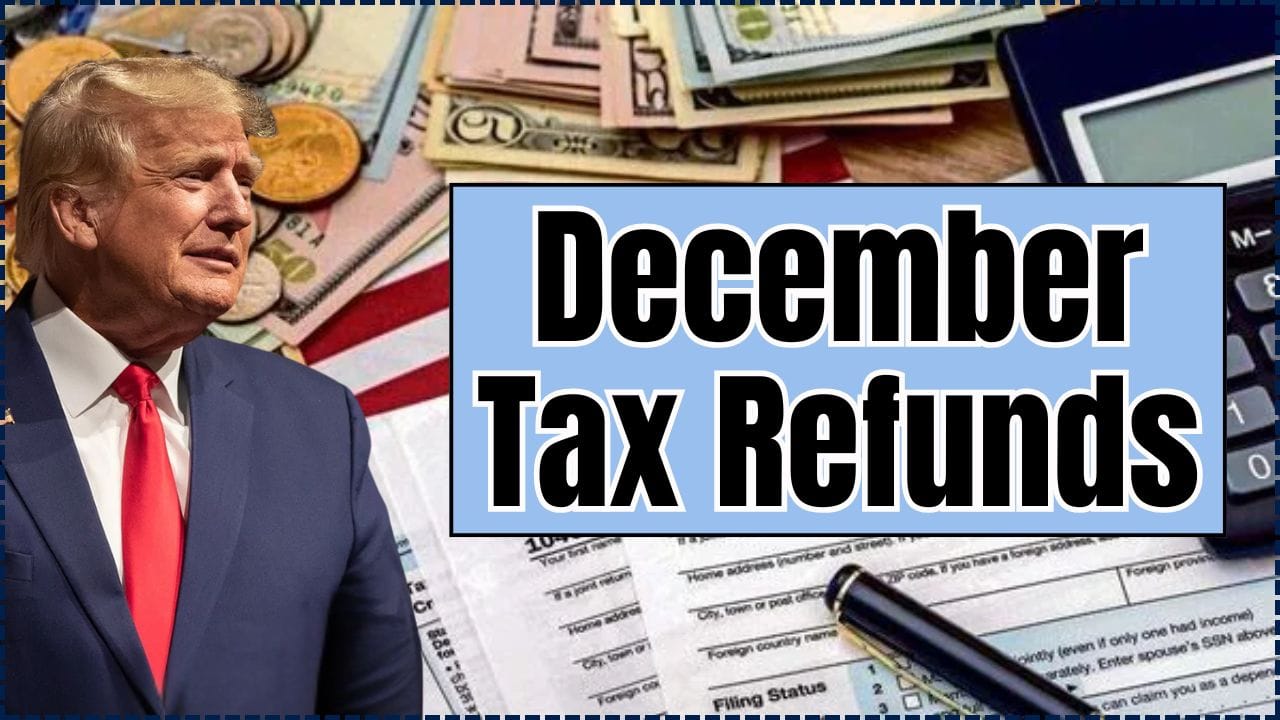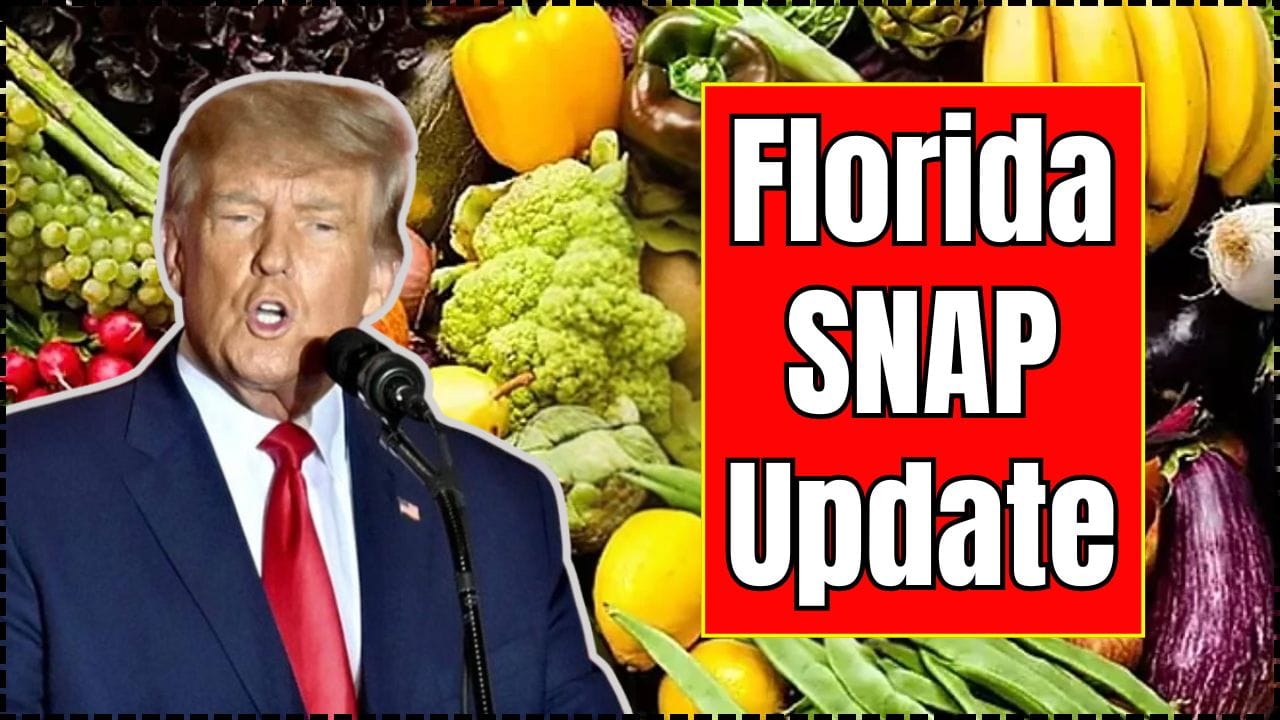Dreaming of a new life in Canada through Express Entry? It’s a fantastic goal, and with the right preparation, it’s absolutely within reach. One crucial aspect of your application, and often a point of anxiety for many, is the Proof of Funds requirement for Express Entry applicants. As a seasoned writer on Canadian immigration, I’ve seen firsthand how understanding this element can make all the difference. The good news is, with recent updates from Immigration, Refugees and Citizenship Canada (IRCC) effective July 7, 2025, and a critical deadline of July 28, 2025, you have a clear roadmap to ensure your financial readiness.

Navigating the financial requirements for any immigration journey can feel overwhelming, but it doesn’t have to be. This article is designed to be your comprehensive, actionable, and encouraging resource, demystifying the latest Express Entry Proof of Funds updates and guiding you toward a successful application. We’ll cover everything from the updated amounts to acceptable documentation and crucial deadlines.
Express Entry Proof of Funds 2025
| Key Fact | Detail/Statistic (as of July 7, 2025) |
| Affected Programs | Federal Skilled Worker Program (FSWP) & Federal Skilled Trades Program (FSTP) CIC News |
| Update Deadline | All affected candidates must update their Express Entry profile by July 28, 2025. |
| Funds for Single Applicant | $15,263 CAD |
| Funds for Family of Four | $28,362 CAD Business Today |
| Exemptions | Canadian Experience Class (CEC) or valid job offer in Canada |
The recent Express Entry Proof of Funds update is a critical piece of information for aspiring immigrants to Canada, particularly those under the Federal Skilled Worker and Federal Skilled Trades Programs. With the deadline of July 28, 2025, rapidly approaching, prompt action is essential.
Meeting the financial requirements is a significant step, but it’s just one part of your incredible journey. By meticulously preparing your documentation, understanding the nuances of the requirement, and acting proactively, you are setting yourself up for success. Canada welcomes skilled individuals and families who are ready to contribute and thrive, and demonstrating your financial readiness is a key indicator of that commitment.
Understanding the Updated Proof of Funds Requirements
Canada’s immigration system is dynamic, with adjustments made annually to reflect the country’s economic realities and cost of living. The latest update, effective July 7, 2025, directly impacts candidates applying under the Federal Skilled Worker Program (FSWP) and the Federal Skilled Trades Program (FSTP). These programs, managed through the Express Entry system, require applicants to demonstrate sufficient settlement funds to support themselves and their families upon arrival in Canada. This ensures a smoother transition and establishment in Canadian society.
The increase in required funds, based on 50% of Canada’s Low-Income Cut-Off (LICO) figures, is a reflection of the rising cost of living. For a single applicant, the minimum amount has increased from $14,690 to $15,263 CAD. While this might seem like a notable jump, it’s a necessary step to ensure newcomers are adequately prepared.
The New Figures: How Much Do You Need?
The amount of settlement funds for Express Entry you need directly correlates with the size of your family, including yourself, your spouse or common-law partner, and all dependent children, even if they are Canadian citizens or permanent residents, or if they are not accompanying you to Canada. It’s crucial to include every family member in your calculation.
Here’s a detailed breakdown of the updated funds required as of July 7, 2025:
- 1 Applicant: $15,263 CAD
- 2 Family Members: $19,001 CAD
- 3 Family Members: $23,360 CAD
- 4 Family Members: $28,362 CAD
- 5 Family Members: $32,168 CAD
- 6 Family Members: $36,280 CAD
- 7 Family Members: $40,392 CAD
- For each additional family member over 7: $4,112 CAD
It’s important to remember that if you have more money than the minimum required, you should always list the full amount in your Express Entry profile and application. More funds demonstrate greater financial stability, which can only strengthen your application.Canada.ca .It’s important to remember that if you have more money than the minimum required, you should always list the full amount in your Express Entry profile and application. More funds demonstrate greater financial stability, which can only strengthen your application.
The Critical Deadline: Update Your Profile by July 28, 2025
Perhaps the most pressing aspect of this update is the deadline. If you are an existing Express Entry candidate in the pool under FSWP or FSTP, you must update your proof of funds in your profile no later than July 28, 2025. Failure to do so will result in your profile being removed from the Express Entry pool, rendering you ineligible for future Invitations to Apply (ITAs). This is a hard deadline, and there’s no room for delays.

Who Needs to Show Proof of Funds, and Who Doesn’t?
While the proof of funds requirement for Express Entry applicants is crucial, it’s not universal for all Express Entry streams. Understanding these distinctions is key:
- Federal Skilled Worker Program (FSWP): Yes, proof of funds is required.
- Federal Skilled Trades Program (FSTP): Yes, proof of funds is required.
- Canadian Experience Class (CEC): No, proof of funds is not required. This is because CEC candidates have Canadian work experience, suggesting they are already established or have the means to quickly become so.
- Valid Job Offer in Canada: If you have a valid job offer and are authorized to work in Canada, you are generally exempt from the proof of funds requirement, even if you are applying under FSWP or FSTP. This is because a legitimate job offer indicates a pathway to financial self-sufficiency.
What Counts as Acceptable Proof of Funds?
Demonstrating your funds isn’t just about having the money; it’s about providing the right documentation. IRCC is very specific about what it accepts as acceptable proof of funds documents for Express Entry. Your funds must be readily available and legally obtained. You cannot use borrowed money from another person or equity on real property.
When you receive an Invitation to Apply (ITA) for permanent residence, you will need to provide official letters from any banks or financial institutions where your money is held. These letters must meet strict criteria:
- Printed on Official Letterhead: The letter must be on the financial institution’s official letterhead.
- Contact Information: Include the bank or institution’s full contact information (address, telephone number, and email address).
- Your Name: Clearly state your full name.
- Outstanding Debts: List any outstanding debts you have, such as credit card debts or loans.
- Account Details: For each current banking and investment account, the letter must include:
- Account numbers
- Date each account was opened
- Current account balances
- Average balance for the past six months

Preparing for Success: Beyond the Funds
While Express Entry proof of funds is a significant hurdle, it’s part of a larger picture of ensuring your successful transition to Canada. Beyond the financial aspect, it’s also about demonstrating your commitment and readiness.
Think about other aspects of your application: your language proficiency (IELTS or CELPIP scores), your Educational Credential Assessment (ECA) for foreign education, and your detailed work experience. These components collectively paint a picture of your eligibility and potential contribution to Canada.
Staying Informed and Proactive
The Canadian immigration landscape is constantly evolving, and staying informed is your best defense against surprises. Regularly check the official IRCC website for the latest updates. Follow reputable immigration news sources. The proactive approach pays dividends.
Sponsor Your Family Members, Spouse, Child, or Partner to Canada in 2025: A Comprehensive Guide
Canada Invites 10,000 Families for Parent and Grandparent Visa Sponsorship in July 2025
FAQs
Q1: What is considered an acceptable source of funds?
Your funds must be readily available and legally obtained. This means money in savings accounts, chequing accounts, GICs (Guaranteed Investment Certificates) that are cashable, and certain investment accounts (like stocks and bonds that can be liquidated quickly) are generally accepted. However, you cannot use borrowed money from another person or equity on real property (like your house or land) as proof of funds.
Q2: Can I include my spouse’s funds in the proof of funds calculation?
Yes, if your spouse or common-law partner is accompanying you to Canada, you can include funds you have together in a joint account. You may also be able to count money solely in your spouse’s name, but you must prove that you have legal access to these funds (e.g., through a letter of authorization from your spouse). Remember to include them in your family size calculation.
Q3: How long do I need to have the funds in my account?
IRCC requires you to show the average balance of your accounts for the past six months. This demonstrates consistency and that the funds are genuinely yours and not a recent, temporary deposit. More importantly, the funds must be available to you both at the time you submit your application and when your permanent resident visa is issued.
Q4: What happens if my funds drop below the required amount after I apply?
This is a critical point. IRCC states that your funds must be available to you at the time you apply AND when your permanent resident visa is issued. If your funds drop below the required amount at any point during the processing of your application, it could lead to a refusal. It is highly advisable to maintain a buffer above the minimum required amount to account for currency fluctuations and unexpected expenses. IRCC reserves the right to request updated financial documents at any stage.
Q5: Do I need to declare all the money I bring into Canada?
If you are bringing more than CAN10,000intoCanada,youmustdeclareitattheborder.Thisincludescash,aswellasdocumentsthatshowpropertyorcapitalpayabletoyou,suchasstocks,bonds,debentures,treasurybills,banker′sdrafts,cheques,moneyorders,andtraveller′scheques.FailingtodeclareamountsoverCAN10,000 can result in fines or seizure of the funds.










